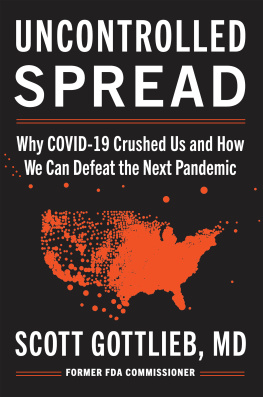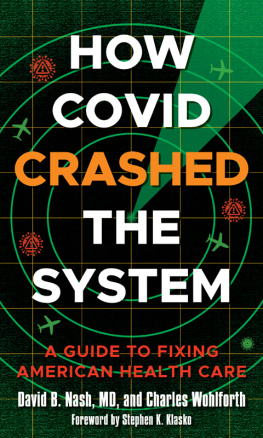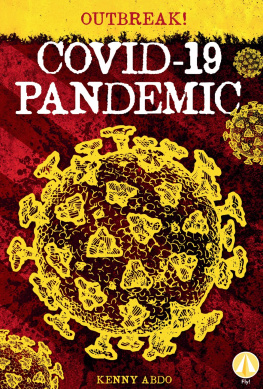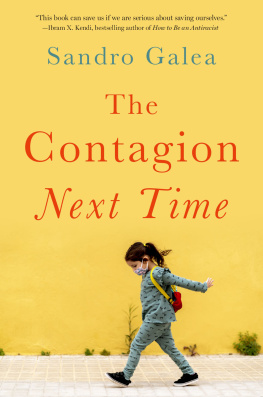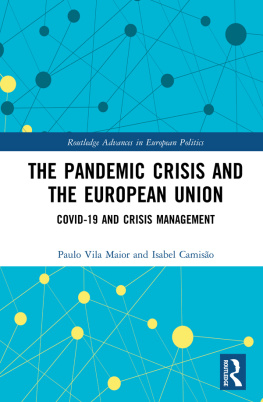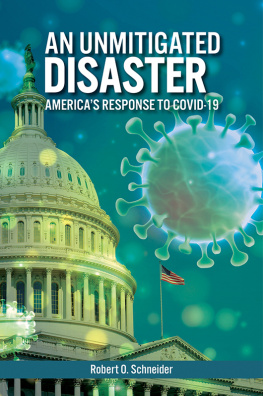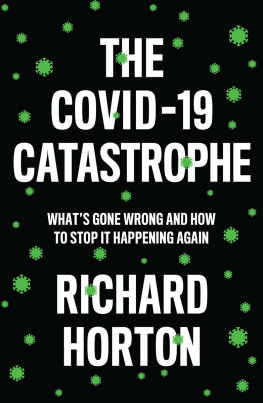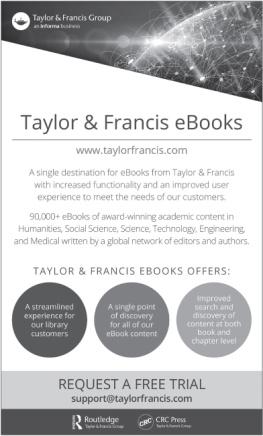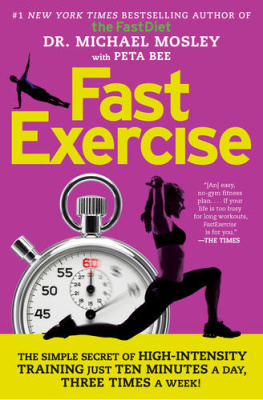Scott Gottlieb - Uncontrolled Spread: Why COVID-19 Crushed Us and How We Can Defeat the Next Pandemic
Here you can read online Scott Gottlieb - Uncontrolled Spread: Why COVID-19 Crushed Us and How We Can Defeat the Next Pandemic full text of the book (entire story) in english for free. Download pdf and epub, get meaning, cover and reviews about this ebook. year: 2021, publisher: HarperCollins, genre: Politics. Description of the work, (preface) as well as reviews are available. Best literature library LitArk.com created for fans of good reading and offers a wide selection of genres:
Romance novel
Science fiction
Adventure
Detective
Science
History
Home and family
Prose
Art
Politics
Computer
Non-fiction
Religion
Business
Children
Humor
Choose a favorite category and find really read worthwhile books. Enjoy immersion in the world of imagination, feel the emotions of the characters or learn something new for yourself, make an fascinating discovery.
- Book:Uncontrolled Spread: Why COVID-19 Crushed Us and How We Can Defeat the Next Pandemic
- Author:
- Publisher:HarperCollins
- Genre:
- Year:2021
- Rating:3 / 5
- Favourites:Add to favourites
- Your mark:
Uncontrolled Spread: Why COVID-19 Crushed Us and How We Can Defeat the Next Pandemic: summary, description and annotation
We offer to read an annotation, description, summary or preface (depends on what the author of the book "Uncontrolled Spread: Why COVID-19 Crushed Us and How We Can Defeat the Next Pandemic" wrote himself). If you haven't found the necessary information about the book — write in the comments, we will try to find it.
Physician and former FDA commissioner Scott Gottlieb asks: Has Americas COVID-19 catastrophe taught us anything?
In Uncontrolled Spread, he shows how the coronavirus and its variants were able to trounce Americas pandemic preparations, and he outlines the steps that must be taken to protect against the next outbreak. As the pandemic unfolded, Gottlieb was in regular contact with all the key players in Congress, the Trump administration, and the drug and diagnostic industries. He provides an inside account of how level after level of American government crumbled as the COVID-19 crisis advanced.
A system-wide failure across government institutions left the nation blind to the threat, and unable to mount an effective response. Wed prepared for the wrong virus. We failed to identify the contagion early enough and became overly reliant on costly and sometimes divisive tactics that couldnt fully slow the spread. We never considered asymptomatic transmission and we assumed people would follow public health guidance. Key bureaucracies like the CDC were hidebound and outmatched. Weak political leadership aggravated these woes. We didnt view a public health disaster as a threat to our national security.
Many of the woes sprung from the CDC, which has very little real-time reporting capability to inform us of Covids twists and turns or assess our defenses. The agency lacked an operational capacity and mindset to mobilize the kind of national response that was needed. To guard against future pandemic risks, we must remake the CDC and properly equip it to better confront crises. We must also get our intelligence services more engaged in the global public health mission, to gather information and uncover emerging risks before they hit our shores so we can head them off. For this role, our clandestine agencies have tools and capabilities that the CDC lacks.
Uncontrolled Spread argues we must fix our systems and prepare for a deadlier coronavirus variant, a flu pandemic, or whatever else nature -- or those wishing us harm -- may threaten us with. Gottlieb outlines policies and investments that are essential to prepare the United States and the world for future threats.
Scott Gottlieb: author's other books
Who wrote Uncontrolled Spread: Why COVID-19 Crushed Us and How We Can Defeat the Next Pandemic? Find out the surname, the name of the author of the book and a list of all author's works by series.

